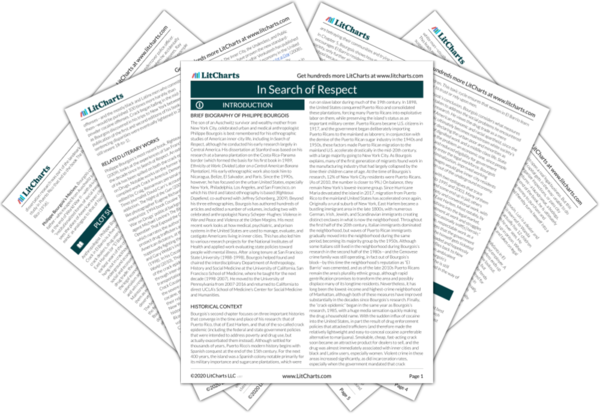Many adolescents are given license by their parents, schools, and communities to go through a rebellious phase. For El Barrio youth, however, any misstep during this phase means being suddenly thrust into adulthood and labeled a dangerous criminal. While Primo’s crimes got worse and worse, contrary to common belief, this trajectory did not continue doing so into adulthood. Selling crack is far less dangerous and arguably less damaging than what he did in his teens. Primo’s motivations for crime gradually shift from centering on identity, pride, revenge, and dignity during his youth to simply making a stable income in adulthood.
